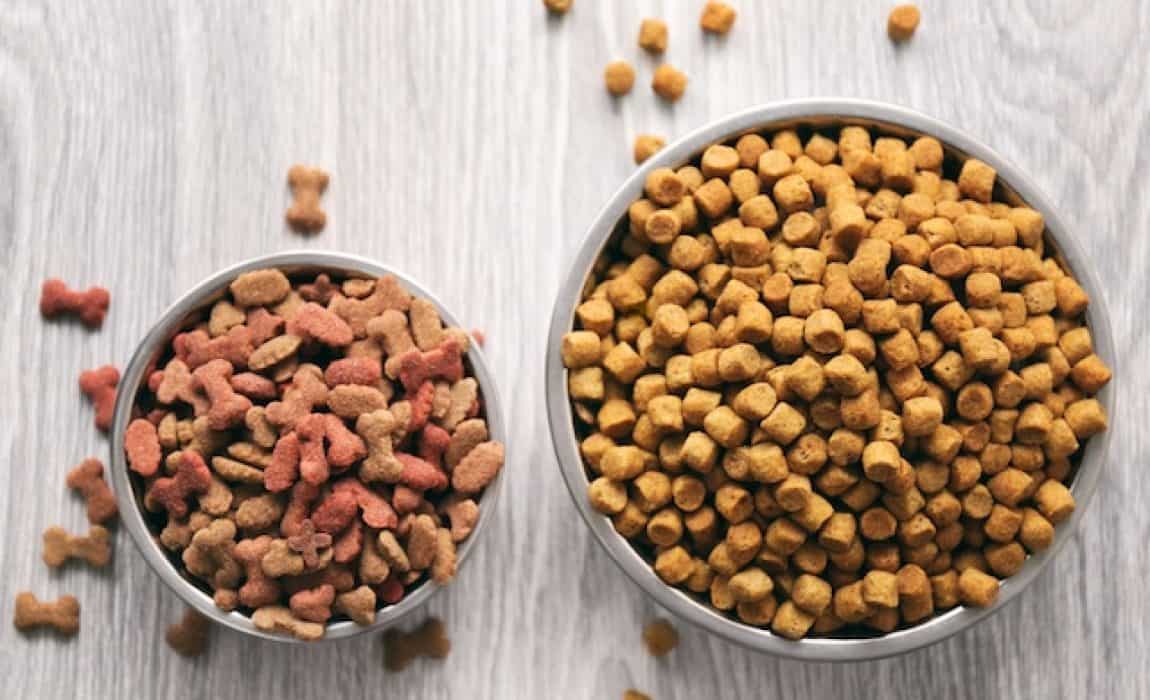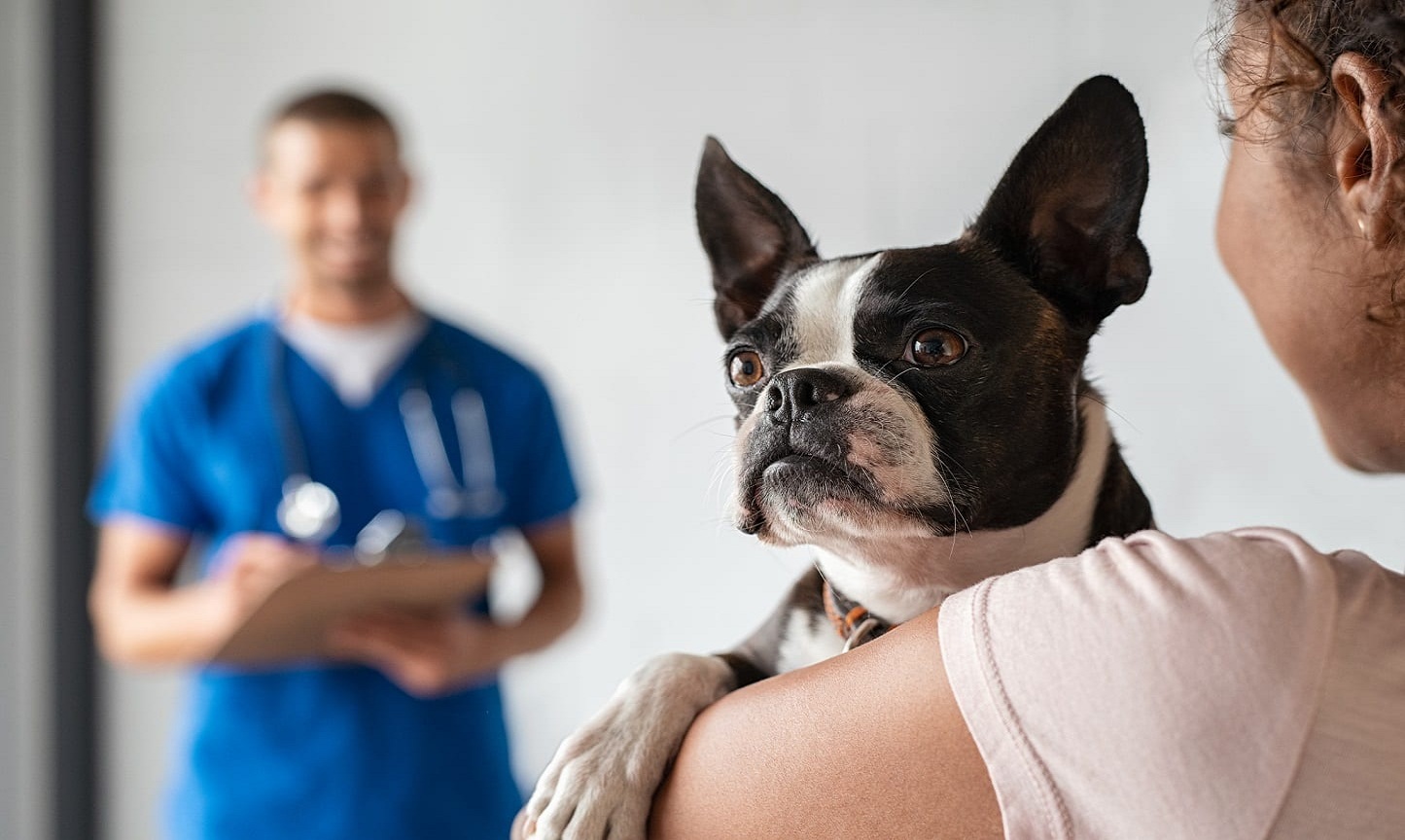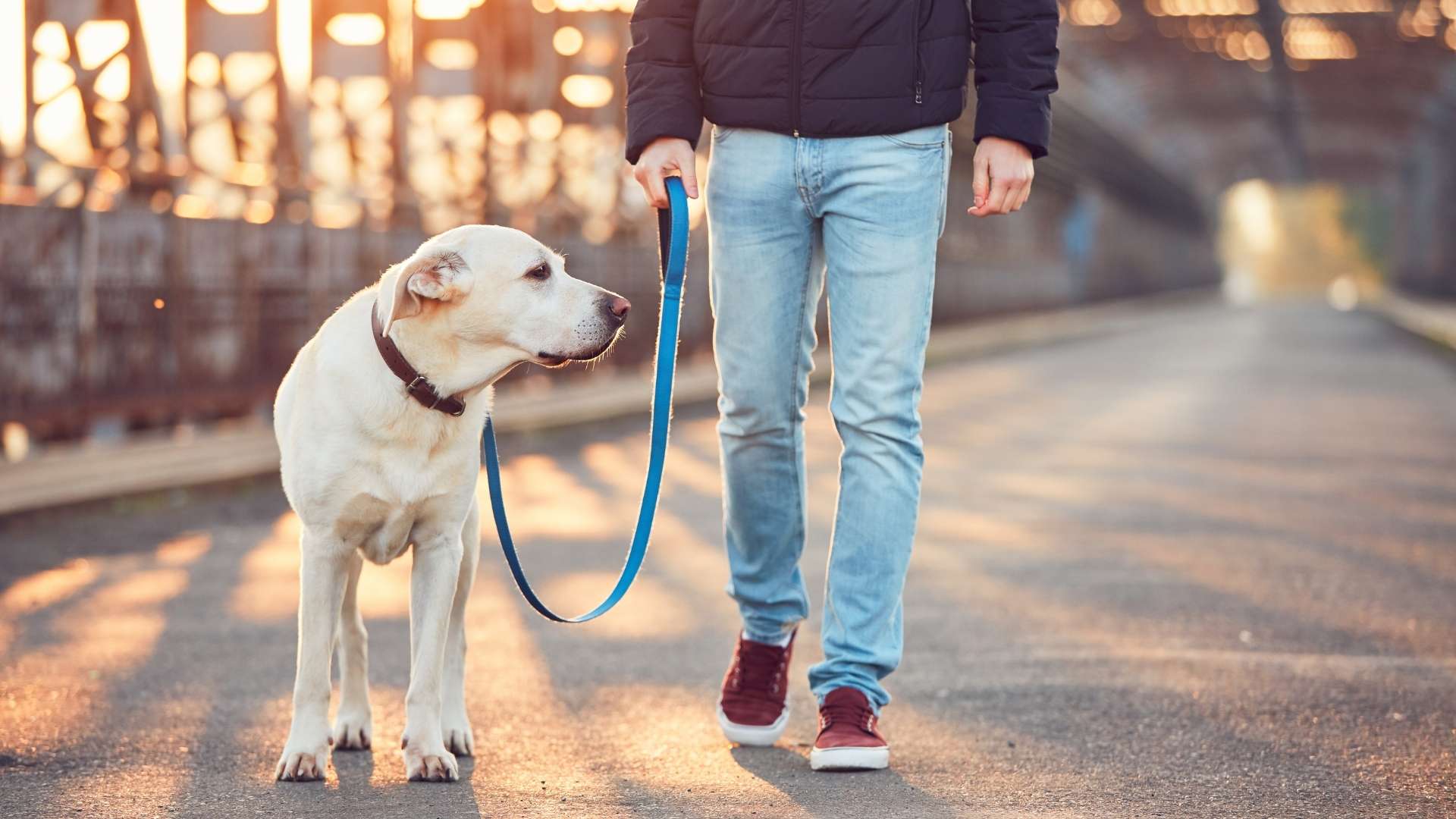4 Bad Ingredients Found in Commercial Pet Food
As humans, we’ve been carefully prepared to read food labels (no high fructose maize syrup permitted!) We must train ourselves to look at our dog’s food label just as skeptically. Commercial brands frequently contain non-healthy additives for dogs – they are generally utilized for one or two reasons, because they are cheap or because they help food stay fresh longer. In any case, you do not want your pooch to regularly absorb these potential pollutants. Before you open another bag (or can), check the label and maybe you will want to reconsider if you discover any of the following ingredients:

1. Discovery of Glycol Propylene:
Not often found in Australia, however, if you live in a place with harsh winter weather, you probably will use it in your automobile to stop it from freezing.
It was identified in semi-moist kibbles to prevent the food from drying out and the development of bacteria. This also means that all “good” bacteria that remained in the product are destroyed. Good bacteria are vital to intestinal health.
Dangers: Some dogs may develop lesions in the digestive system that can become malignant in time.
2. Hydroxytoluene butylates and Hydroxyanisol butylates:
They are both utilized as a preservative and can be found in pet food, food, cosmetics, and even in oil.
Dangers: BHA and BHT have been shown to damage blood coagulation and cause tumor growth when ingested in excessive volumes. BHT is regarded to be more effective than BHA and directly related to dog and human cancer. BHA commonly causes renal damage.
3. Discovery of Maize Syrup / Maize:
Maize syrup is a sugar typically used as a sweetener and is used in pet food as a cheaper filler. Make your pet feel comfortable yet offer low nutritional value.
Dangers: Increase in weight, diabetes, and hyperactivity.
4. Discovery of by Product:
This may be any animal product, such as chicken, beef, lamb, etc. “Products” are the animal’s interior remains. These items can and have been found to come from already dead animals from feedlots and farms unfit for human use. They may contain ill tissues and organs.
Dangers: Your pet may eat anything contaminated, infections, and residues of pentobarbital used to euthanize animals as revealed by the FDA.

Nancy, our tech-savvy pet parent, explores the latest in pet tech, from smart toys to interactive feeders.



